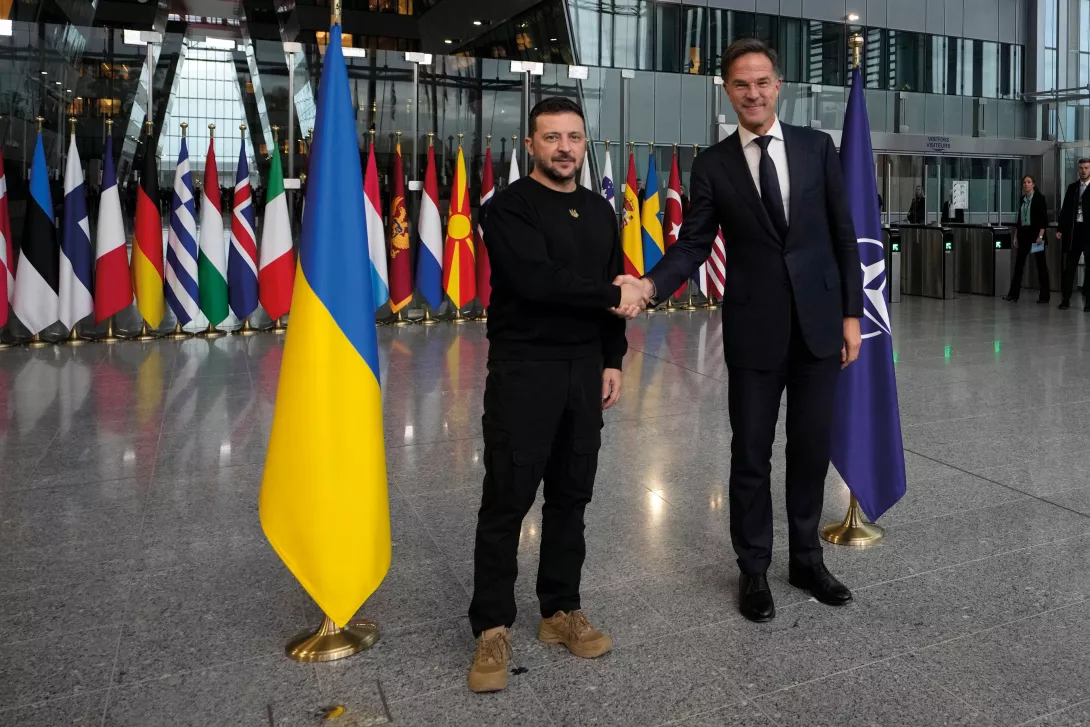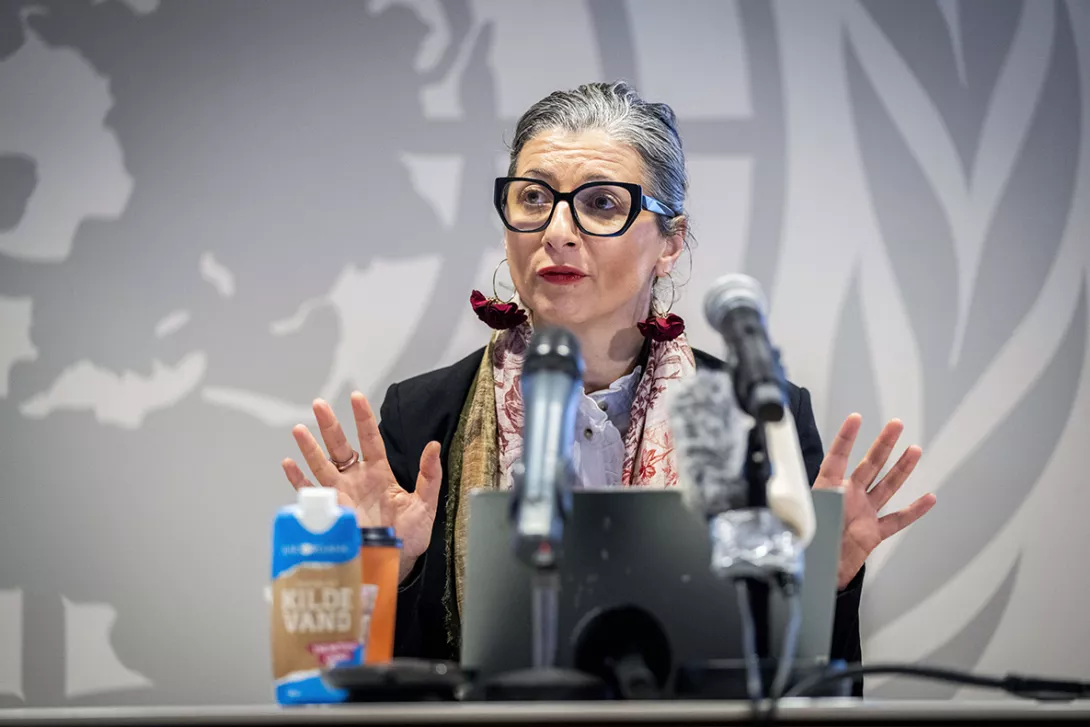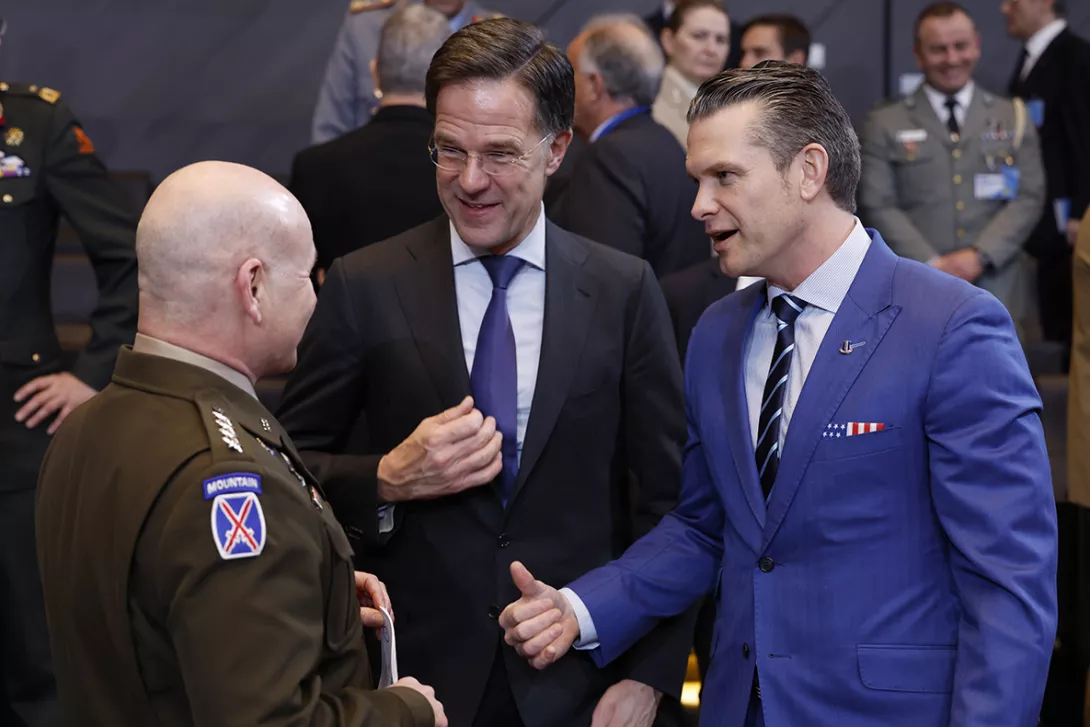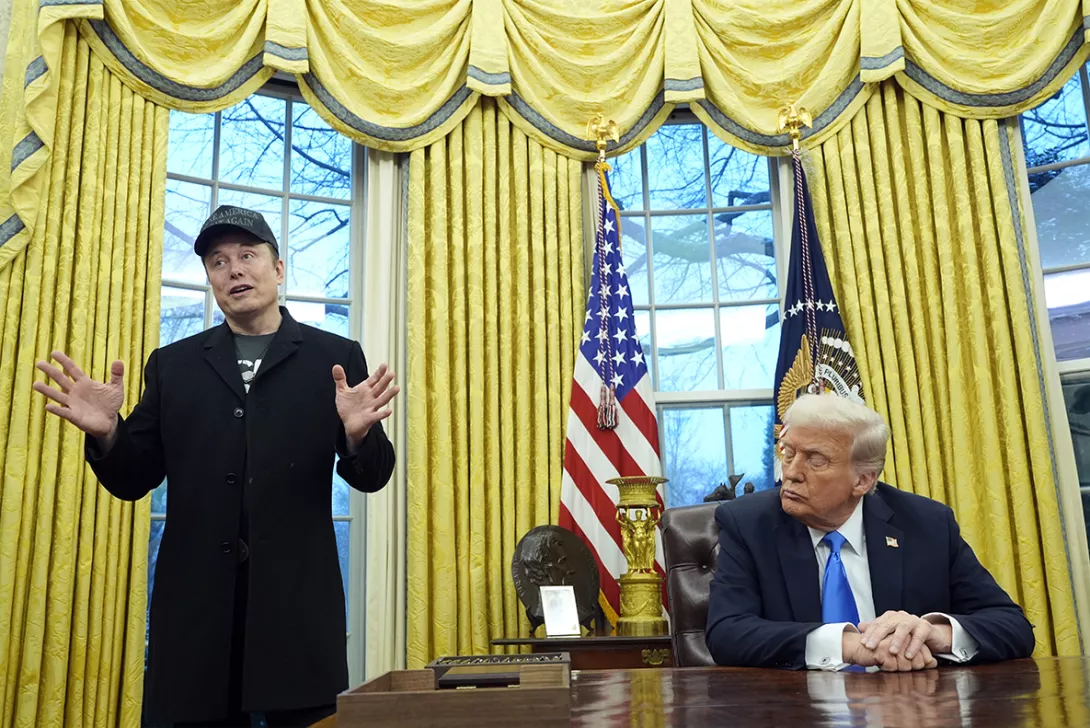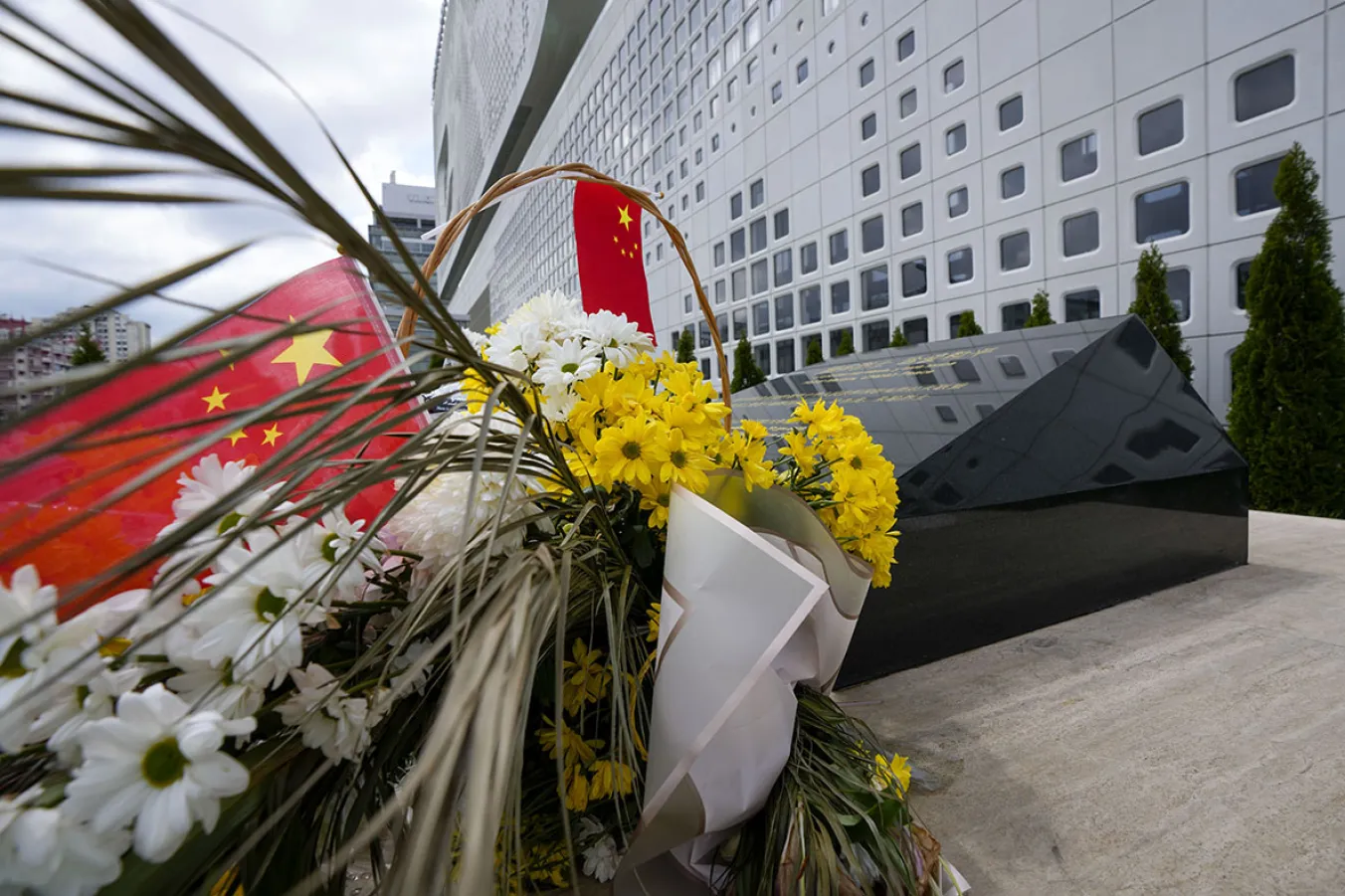
THIS weekend marks a quarter-century since a landmark act of aggression — Nato’s bombing of Yugoslavia, which began on March 24 1999.
The war is often presented as a success. An easy war in the honeymoon period of Tony Blair’s premiership, before it was clear he would be associated, more than anything else, with war, through the longer, bloodier conflicts he threw Britain into in Afghanistan and Iraq.
This is misleading. Nato’s air war involved three months of intensive bombing. Our bombers pulverised barracks, bridges, roads: but also schools, hospitals, homes. Thousands were killed.
As the US academic Noam Chomsky noted, it was a war justified by misleading propaganda: that Yugoslav leader Slobodan Milosevic was engaged in ethnic cleansing of Kosovar Albanians. In fact ethnic clashes had claimed scores of lives in Kosovo in the preceding year, but these included massacres of Kosovar Serb civilians by the Kosovo Liberation Army as well as Serb militia attacks on Albanians, and the bombing prompted a massive escalation in such bloodshed.
As so often since, a complex local conflict involving ethnic and religious differences was exploited by imperialist powers to further their own geopolitical goals — in this case, the final break-up of the once multinational socialist state of Yugoslavia — who pitched it to people back home as a battle between good and evil.
That complex local conflict has not been resolved. Nato carved an independent Kosovo out of Yugoslav territory, but drawing borders on ethnic lines rarely works to everyone’s satisfaction, and Kosovo now includes separatist Serb-majority areas — whose residents rioted and attacked the garrisons Nato still maintains there last spring.
Nato’s war had consequences way beyond south-east Europe. It showed hopes were in vain that the end of the cold war would bring a “peace dividend” and the diversion of arms spending into socially more useful channels.
Instead, the United States used its “unipolar moment” following the fall of the Soviet Union to assert its will by force wherever it wanted. Yugoslavia was the first in the sequence that Joe Biden later dubbed the “forever wars.” Washington, with London loyally in tow, would proceed to set fire to Afghanistan, Iraq and Libya, fuel and fund conflicts in Syria and Yemen, and murder thousands of people across the world in drone attacks.
International law went out the window, with the doctrine of “humanitarian intervention” allowing any state strong enough to violate the UN Charter whenever it claimed the moral right.
How partial these questions become, once the law no longer counts, is shown by Russia adopting precisely the justification Nato used in Kosovo — protecting an ethnic minority — to march troops into the Donbass two years ago.
Many of the conventions by which armies had been supposed to behave since the second world war were dropped. Nato openly admitted to targeting civilians, most notoriously by bombing the Radio Television of Serbia HQ, killing 16 people, arguing its role broadcasting Serbian propaganda made it a legitimate target. This formalised the treatment of journalists as enemy combatants, something which has placed journalists in warzones at heightened risk ever since.
Washington’s unipolar moment has passed. But the frenetic aggression of the US and its allies, Britain above all, in those years not only killed millions, it inured our politicians to seeing war as the normal state of affairs, the constant backdrop to our political life.
That explains their blasé attitude to the prolonged slaughter in Ukraine. After the drawn-out morasses of Iraq and Afghanistan, endless military action without any real prospect of achieving anything we might define as victory is nothing new.
And the casual use of military force against weak countries, that cannot hit back, has bred a dangerous complacency, one that sees our political leaders openly moot war with great powers like Russia and China — war on a scale that could end life as we know it.

